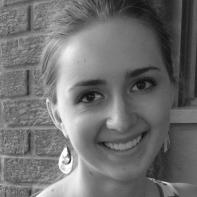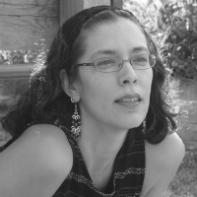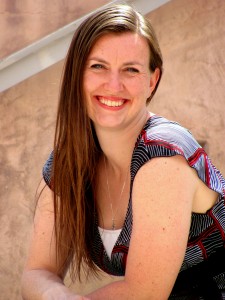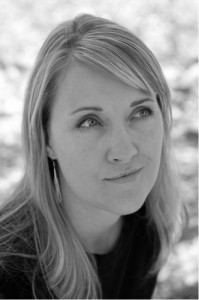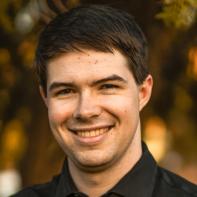
Being isolated in our homes gives us writers that sweet time we always crave to actually get some writing done. Personally, I’ve been reading through my old work, sprucing it up and sending it in to some of my favorite magazines. I might as well while I have the time, right?
One of the most helpful parts of being the Fiction Editor for Superstition Review this year has been learning what editors look for in writing. And since it’s been helpful for me, I thought it might be helpful for you! Here’s an insider’s look on the selection process here at Superstition Review.
The first thing I did as Fiction Editor was make a mistake. I linked my editor’s account on Submittable to my personal submissions account. That means, every time I opened Submittable to review submissions, the first thing I saw was all of my rejections for stories I’ve submitted over the years. For the first hundred stories, I felt like I owed it to every author to at least read their story all the way through, because that’s what I want for all of my stories. Soon enough, I was weeks behind on deadlines and extremely tired of reading every page of the stories that I didn’t enjoy. Thus, I learned my first lesson.
Lesson 1: It’s the first page or two that makes or breaks a story. If I’m bored early on, I will not read the rest. Make that first page captivating enough to make me read the second page, then make that page captivating enough to make me read the rest of the story. Otherwise, I do not have the time.
I started catching up, but I was still behind. Submissions poured in faster than I could read them. Our Founding Editor called me and gave me some new helpful advice. We are a magazine that does not read blind. That means we read your bio and cover letter before we read your story. Trust me, the bio and cover letter are more important than you may think.
Lesson 2: Don’t waste your editor’s time with your bio and cover letter. By all means, include a bio and cover letter, but this is a brief blurb about who you are, your degree if applicable, any major awards you’ve earned for your writing, and maybe where else you’re published. This is not your resume, your life story, or a list of your Boy Scout merit badges.
Finally, I had all my favorite stories picked out. I met with our Founding Editor and the Senior Fiction Editor, and we compared notes. Unsurprisingly, all three of us have different tastes in fiction, but none of us caved to the others. We fought for the fiction we liked, and, in the end, we all left happy. This lesson is a stretch, but bare with me.
Lesson 3: Your story doesn’t have to be universal. I feel I have to address this because lots of literature is praised for being universal. There are plenty of good niche stories out there, and they are all the better because they aren’t forced to appeal to everyone. We all fought for the stories we felt the strongest about, and we all had our absolute favorites published.
I’m really proud of the upcoming fiction section in Superstition Review. The authors who wrote the stories we’re publishing should be proud as well. The authors of the stories that didn’t make the cut but were counted among our favorites should be proud. Everyone who submitted should be proud that they put their work out there.
Lesson 4: Keep writing, keep submitting, keep aiming for publication in your favorite magazines. Every time I logged on to Submittable to review new fiction submissions, I saw all of my rejections from over the years. Honestly, I was proud of them. That’s how many times I’ve put myself out there with stories I was proud of.
Keep up the good work! And thanks for a fantastic submission season.
